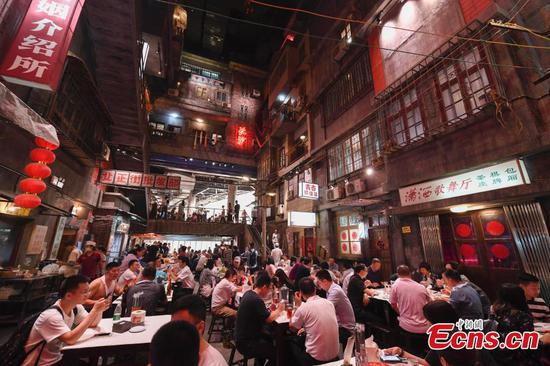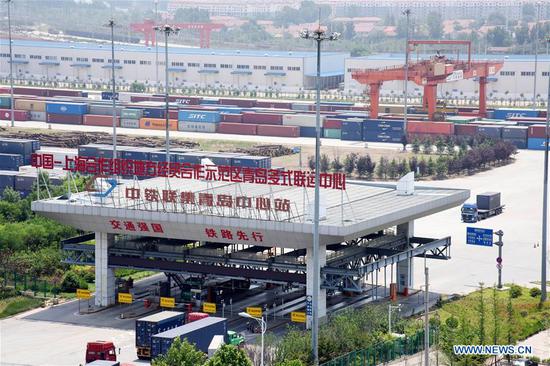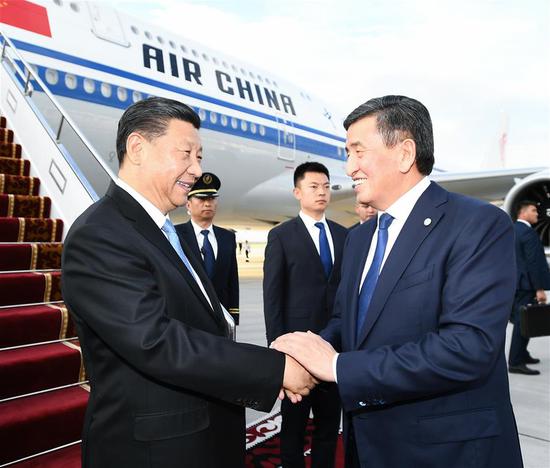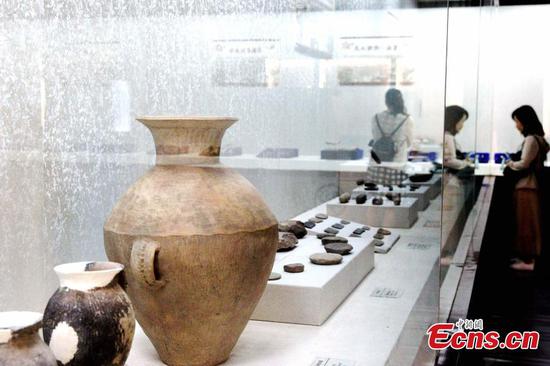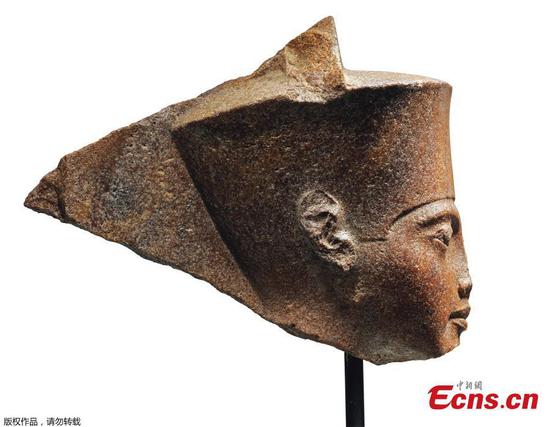Higher tariffs leave American products vulnerable to European rivals
U.S. luxury brands are feeling the pain from a fall in tourist spending from China because of the trade war, and they could face further challenges from European rivals in the Chinese market, an expert said on Thursday.
Tiffany & Co, the U.S. luxury jeweler, attributed disappointing quarterly results to a sharp decline in sales to Chinese tourists, the company said last week. "The tourists in the U.S. represent a low double-digit percentage of our total sales in the U.S. and we have seen a sharp decrease to sales to tourists in the U.S. in the range of 25 percent. Even sharper for Chinese tourists," Tiffany CEO Alessandro Bogliolo said on the company's conference call, according to CNBC.
The decline in luxury brands' sales to Chinese tourists is due to the drop in the number of Chinese travelers in the U.S., affected by the increasingly tense U.S.-China relationship amid the trade dispute, Bai Ming, deputy director of the Ministry of Commerce's International Market Research Institute, told the Global Times Thursday.
"The trade spat is straining China-U.S. relations, which makes a lot of Chinese travelers less inclined to visit," Bai said.
The number of Chinese tourists who chose to visit the U.S. declined in 2018. According to figures released by the U.S. National Travel and Tourism Office, in 2018, only 3 million Chinese travelers visited the U.S., compared with 3.2 million 2017, the first decline in 15 years.
On June 4, China's Ministry of Foreign Affairs issued a warning to Chinese nationals of the risk they may face when travelling in the U.S..
Apart from the drop in tourism spending, luxury brands from the U.S. are also under pressure from the trade dispute as they face increasing pricing pressure within China. Higher import tariffs may make American luxury brands even weaker than European brands.
Jewelry and leather bags are among U.S. imported goods subject to a 25 percent tariff after China retaliated in May with the announcement of higher tariffs.Consequently, the U.S. brands have less room to lower prices compared with rivals from other countries.
"The tariff will weaken the competitiveness of U.S. luxury brands in China," Bai said. "Although customers of luxury products are less price-sensitive, the U.S. luxury brands still need a pricing advantage since they tend to be less popular than well-established European brands."
Some European brands have been reducing their prices to better compete with rivals in the Chinese market, including French luxury fashion brand Louis Vuitton and Italian brand Gucci. Both cut prices in China by about 3 percent in April, fashion.ce.cn reported.
"At this vital stage of gaining market share in the luxury business in China, the U.S. brands will have a lot to do to bounce back from the trade war," Bai said.











